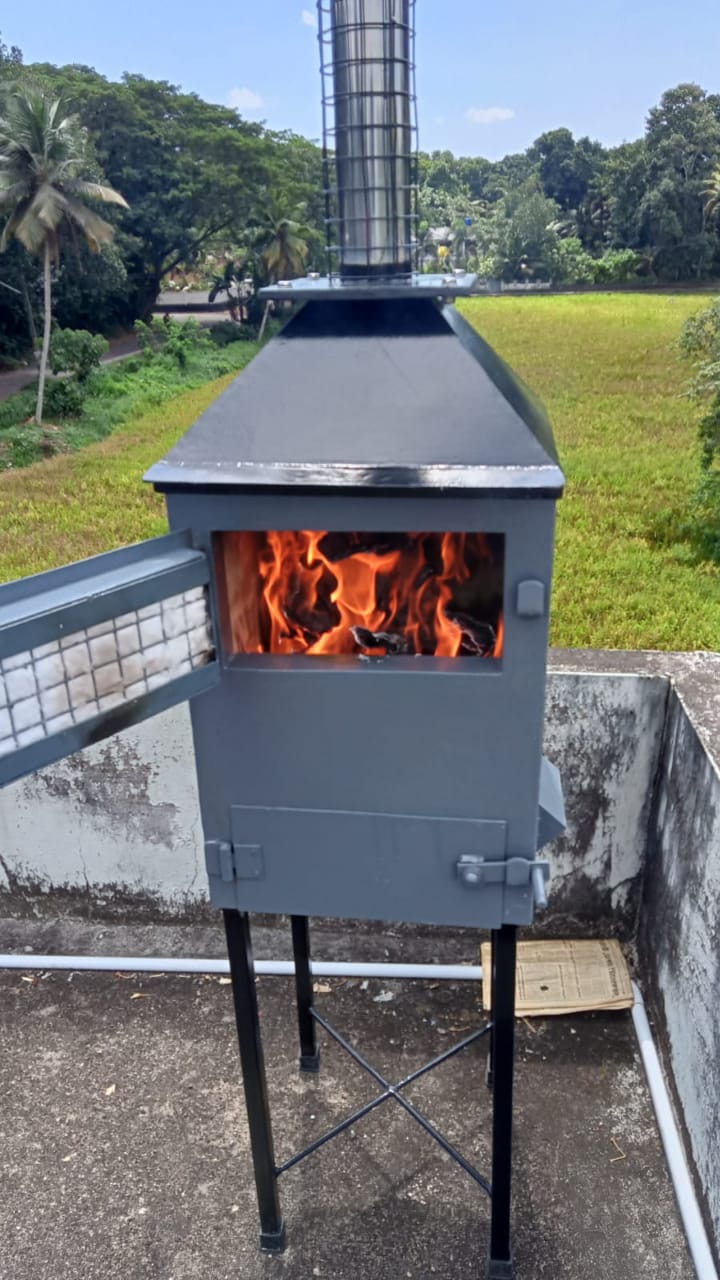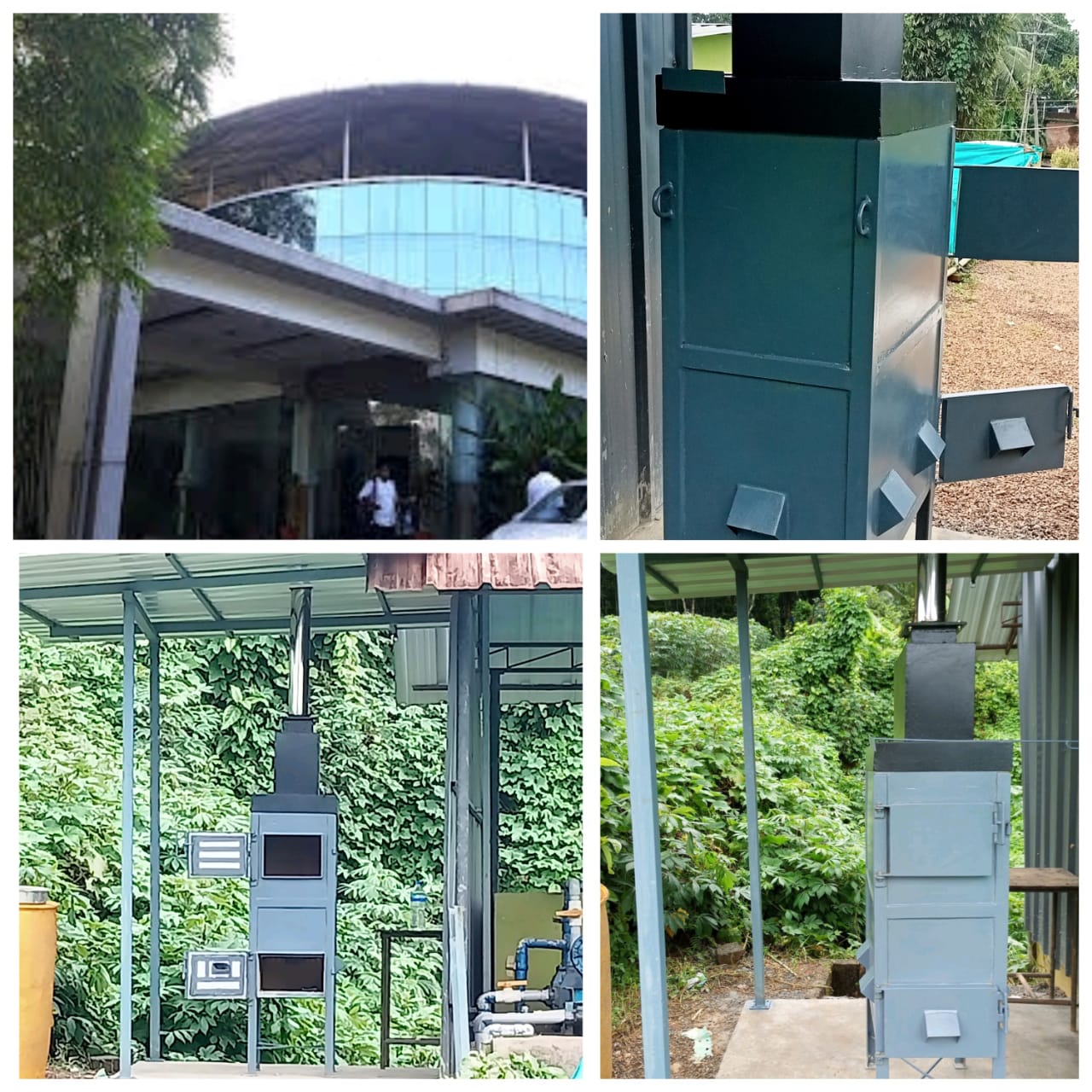Vesta Industries
12A , KADS Village Square, Thodupuzha Mangattukaval Bypass, Near KADS Village, Thodupuzha, Idukki, 685608
Since : 2019
12A , KADS Village Square, Thodupuzha Mangattukaval Bypass, Near KADS Village, Thodupuzha, Idukki, 685608
Since : 2019
Household waste management services encompass various solutions aimed at efficient waste disposal and recycling for residential areas. Here, we explore what constitutes household waste management services, their availability in Idukki, and what customers expect from these services. Household waste management services involve the collection, transportation, disposal, and recycling of waste generated from residential areas. These services are crucial for maintaining cleanliness, public health, and environmental sustainability at the household level.
Waste management services are essential for the preservation of a healthy and sustainable environment. Businesses and individuals can reduce their environmental impact and contribute to the conservation of natural resources by implementing effective waste management practices. Recycling services are a critical element of waste management, as they facilitate the reuse of materials and minimize the quantity of waste that is disposed of in landfills. Waste management services contribute to the preservation of ecosystems and the mitigation of contamination by advocating for environmental sustainability. Furthermore, industrial waste disposal services guarantee that hazardous materials are managed and disposed of in accordance with environmental regulations, thereby protecting both public health and the environment. The long-term sustainability of enterprises and communities is not the only benefit of implementing comprehensive waste management strategies; it also contributes to the environment. Companies can exhibit their dedication to environmental stewardship and align with sustainable development objectives by emphasizing responsible refuse management.
Effective waste management is crucial for environmental protection, resource conservation, and public health. By adopting sustainable practices, communities and businesses can reduce greenhouse gas emissions, conserve energy, and minimize pollution of air, water, and soil.
Waste Audits: Conducting waste audits to identify sources and types of waste generated. This helps in developing targeted reduction strategies.
Source Reduction: Minimizing waste at the source by using efficient production processes, opting for durable and reusable products, and reducing packaging.
Reuse Programs: Implementing programs to encourage the reuse of materials and products, such as refillable containers, refurbished goods, and donation initiatives.
Repair and Maintenance: Promoting repair and maintenance services to extend the lifespan of products and equipment, reducing the need for replacement.
Separation and Collection: Establishing efficient systems for separating recyclable materials at the source and providing convenient collection services.
Education and Awareness: Educating the community about the importance of recycling and providing clear guidelines on what can be recycled.
Organic Waste Management: Implementing composting programs for organic waste, including food scraps, yard trimmings, and biodegradable materials.
Compost Utilization: Using compost as a soil amendment in landscaping, agriculture, and community gardens to improve soil health and fertility.
Waste-to-Energy Facilities: Utilizing advanced technologies to convert waste into energy, such as biogas from organic waste and incineration with energy recovery.
Energy Generation: Generating renewable energy from waste, reducing dependency on fossil fuels and mitigating greenhouse gas emissions.
Waste management services encompass a range of activities aimed at handling, treating, and disposing of waste materials in an environmentally responsible manner. These services are crucial for maintaining public health, preserving natural resources, and minimizing environmental impact.
Effective waste management services are essential for:
Public Health: Proper waste management prevents the spread of diseases and contamination of air, water, and soil.
Environmental Protection: Minimizing pollution, conserving natural resources, and reducing greenhouse gas emissions.
Resource Conservation: Recovering valuable materials through recycling and energy recovery processes.
1. What is the method by which waste management services execute their duties?
They perform recycling services, segregate waste, install and use composters, reuse/resell waste (particularly e-waste), and more.
2. Are hazardous bio-medical wastes managed by waste management services?
Indeed, they do. Many waste management services have an in-house team of experts who manage and dispose of bio-medical waste in a safe, secure, and environmentally friendly manner.
3. What types of products do waste management service providers provide?
They provide a variety of products, including biogas plants, compost tumblers, and compost basins.
4. Are they willing to participate in or conduct awareness programs?
Certainly, the majority of service providers will consent to this arrangement, as they view it as a commendable and profitable initiative.
5. Are these service providers willing to conduct waste audits?
Indeed, they provide audit services. It is advantageous to comprehend the type of debris that is produced and to devise an effective strategy for its reduction.

Idukki, Thodupuzha

Idukki, Thodupuzha